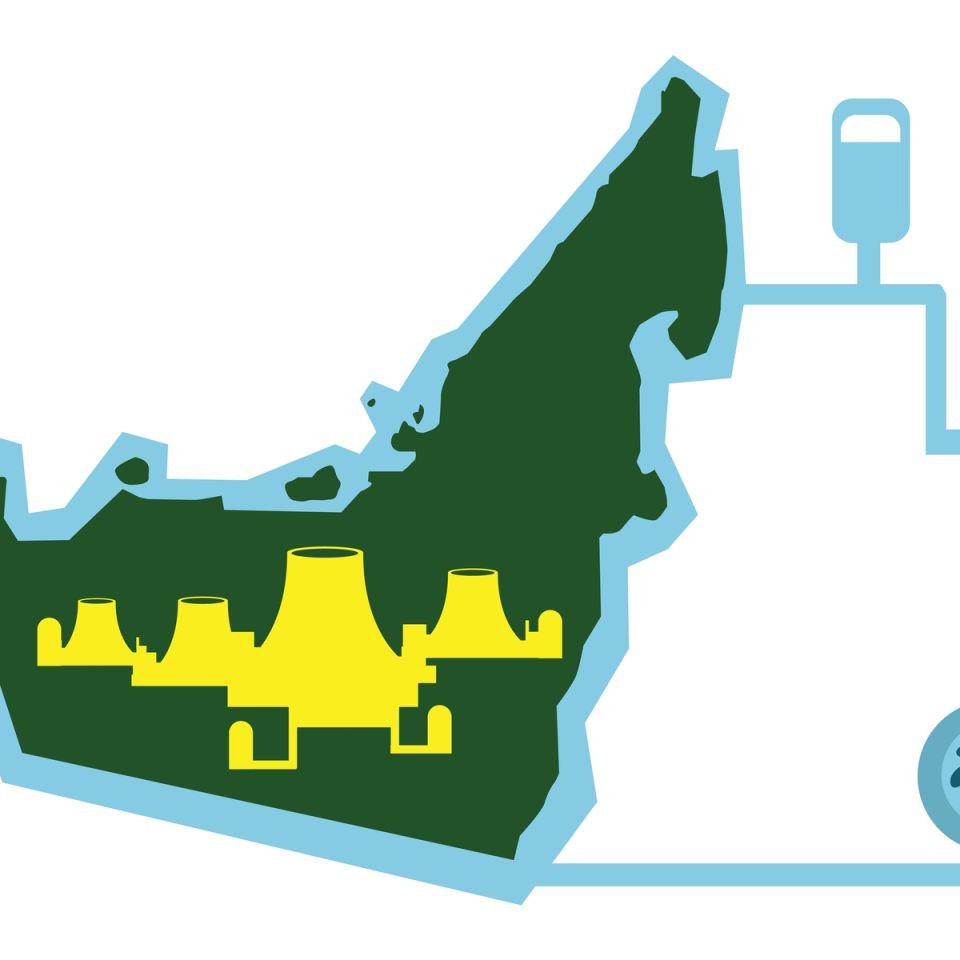How will the Arab region deal with climate change?
Energy investments in the Arab region will reach USD 1 trillion in 2023, writes Ahmad Abdul-Rahman. This includes developing nuclear energy.
Dr. Ahmed Aboul Gheit, secretary-general of the League of Arab States (AL), affirmed that there is complete coordination among the Arab bodies concerned with atomic energy. The aim is for the AL to encourage and support Arab countries in diversifying their energy sources, which includes deriving more energy from nuclear sources.
During the events of the 15th Arab Conference for the Peaceful Uses of Atomic Energy, held on 21st of December 2021 in Aswan, Egypt, Gheit said that the Arab leaders issued a number of resolutions calling for the development of nuclear energy, and for the development of a joint Arab programme.
Gheit continued: "Energy will remain the backbone of the global economy and a vital source for the development of nations, and our Arab region is an important model in this regard. The demand for electricity in Arab countries is about three times the global average, and our countries depend almost completely on oil and gas to meet their energy requirements. The volume of investments in energy is estimated in the Arab region during the period 2019-2023 to be about USD 1 trillion to meet the needs of the region, as the rates of demand for electricity rise by more than 4 per cent annually."
Gheit indicated that meeting the increasing demand for energy and adapting to climate change in the region in the future would require the development of a plan that takes into account the challenges facing the industry. The Arab vision is based on several things, the most important of which is diversifying energy sources. Not only could the Arab region benefit from the advantages and potential of the region but it must also have to work on investment in the energy sector to ensure that remains a major source of national income. He affirmed that the slowdown in investments in this field at the global level during the past decade had exacerbated the current high price and energy crisis.
It is also important to note that switching to clean and renewable energy sources does not mean neglecting investments in the field of traditional energy - that is, oil and gas. The transition must take place gradually, without creating crises in the energy markets. The Arab vision must also pay special attention to promoting Arab integration.
The diversification of Arab energy sources mainly includes power generation and water desalination using nuclear energy. Consequently, the Arab Ministerial Council of Electricity (AMCE) and the General Conference of the Arab Atomic Energy Authority have taken a set of decisions stressing the importance of coordination between Arab bodies so that joint periodic programmes and activities can be established. In addition to this, it has been possible, through cooperation with Arab and international bodies concerned with atomic energy, to organise a number of seminars and conferences. These are designed to support Arab countries in establishing the infrastructure for energy growth as well as nuclear plants, and other fields related to the energy sector.
Gheit also emphasised the size of economic losses incurred by the Arab countries in covering the increasing demand for electricity and water . A report issued by the Food and Agriculture Organization of the United Nations (FAO) and the World Bank in August 2018, expected that the problems of electricity cuts and climate-related water scarcity in Arab countries would cause losses estimated at 6 to 14 percent of the GDP of these countries by 2050.
This deficit cannot be solved without using clean energy sources and diversifying energy sources to include nuclear energy. This would reduce harmful emissions and adapt to climate change that negatively affects the Arab region, which is considered one of the most vulnerable to its effects. Here, nuclear energy is promising, and perhaps the most appropriate way to confront the problems of global warming and the needs of economic growth, he said
He also said: "It is our responsibility, as Arabs, to intensify research in the peaceful uses of nuclear energy and establish projects of joint return for the entire region, focusing on investing in financing vital areas for power generation and seawater desalination, as they are two closely related topics."The climate summit held in Glasgow in October 2021 concluded its sessions with mixed results. For example, the meeting did not make much progress in the area of how to support and finance developing countries during their transition to environment-friendly economies nor did it offer support in the area of technology transfer." These topics are expected to be discussed in the two climate summits that Egypt will host later this year and the United Arab Emirates in 2023. They are opportunities to discuss the issues and concerns of the Arab region about climate change especially in adopting new energy options, including peaceful atomic energy.


Comments